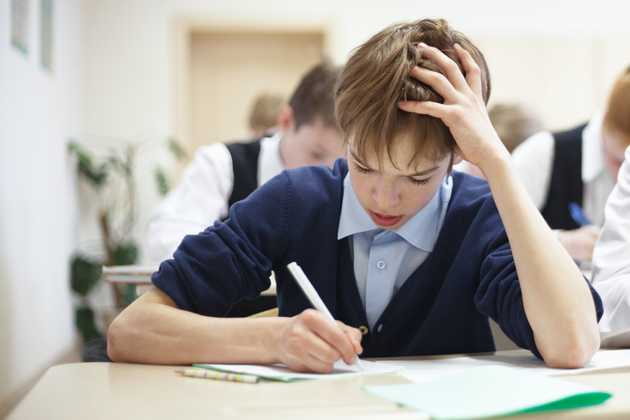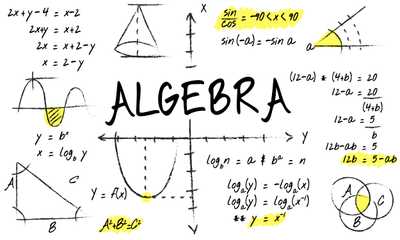Scientific research shows that brains are malleable and can grow through learning. According to Carol Dweck, professor of psychology at Stanford University, our mindsets - beliefs we have about the qualities and abilities we possess or the potential we may have - can either support or undermine that promise for development.
Fixed versus growth mindsets
Dweck’s research differentiates between two mindsets. In a “fixed mindset,” intelligence and ability are seen as static and unchanging; you either have it, or you don’t. A “growth mindset” recognizes potential. In her 2006 book, Mindset, Dweck explains, “The growth mindset is based on the belief that your basic qualities are things you can cultivate through your efforts. Although people may differ in every which way - in their initial talents and aptitudes, interest, or temperaments - everyone can change and grow through application and experience.”
Through decades-long work, Dweck has studied how these mindsets play out in the classroom. Because students with a growth mindset see the potential to develop their intelligence or abilities, they focus on the learning process and work through challenges and mistakes as opportunities to get smarter. By contrast, students with an orientation toward a fixed mindset are more focused on performance (a high grade, for example), rather than on learning. As a result, they may be more inclined to avoid challenging material or give up when confronted with difficulties or mistakes.
Mindsets in math learning
Fixed mindsets can be especially pervasive when it comes to learning in math. Jo Boaler, Professor of Mathematics Education at Stanford University, states, “In the US, people are more likely to have a fixed mindset about mathematics than any other subject.” Boaler observes that students approach math as a “performance subject”, believing the goal is to get answers right, rather than a dynamic “learning subject.”
And yet, it is the sometimes messy process of learning that can ignite students’ brains. Boaler describes a study by Moser and colleagues which showed that making mistakes in math sparked brain activity in ways that did not occur when learners got correct answers. Boaler summarizes: “For people with a growth mindset the act of making a mistake results in particularly significant brain growth.” So, fixed mindset thinkers who have an aversion to challenge or risk are missing out on critical opportunities for the brain to stretch and flex.
Fortunately, Boaler notes that “when students receive a mindset intervention their learning trajectories immediately accelerate upward towards higher and higher achievement.”
Fostering growth mindset thinking
What kinds of interventions can nurture a growth mindset in learners?
Research by Dweck and others indicates that certain kinds of praise have a significant impact on the mindsets that can either foster or thwart learning. In one such study by Dweck and Mueller, a group of fifth graders were given either intelligence-based praise or effort-based praise following a task. The researchers found that “overall, praise for intelligence actually led to less persistence, less enjoyment, and worse performance than praise for effort”, whereas the students who were praised for their effort showed more resilience after failure.
Studies also suggest that explicitly teaching students about growth mindset and the neuroscience behind brain malleability can also lead to greater gains in learning.
As powerful as process-based praise and mindset-training can be, Dweck affirms that other supports are necessary, too, when she explains in an interview:
“Effective teachers who actually have classrooms full of children with a growth mindset are always supporting children’s learning strategies and showing how strategies created that success. Students need to know that if they’re stuck, they don’t need just effort. You don’t want them redoubling their efforts with the same ineffective strategies. You want them to know when to ask for help and when to use resources that are available.”
How Yup Tutors foster growth mindset
Yup’s Teaching Framework was constructed to support students in cultivating effective strategies and growth mindset.
- Yup Tutors use encouraging language and authentic praise for growth-mindset behaviors, like effort and strategy. Students can also be rewarded with Yup Achievements for demonstrating qualities such as determination and curiosity during sessions.
- Yup Tutors continue to work with the student until it’s clear they understand, and they connect sustained effort and persistence to understanding.
- After finishing a problem, Yup Tutors will ask the student if they would like to try an additional problem to boost their understanding. They also prompt students to reflect on what they learned.
In these ways, Yup Tutors seek to elevate the learning process over “answer-getting”, fostering mindsets that are oriented towards growth.
Are you an Administrator or Teacher? Find out how Yup can support you and your students. Contact partnerships@yup.com to learn more about bringing Yup to your school or district.






